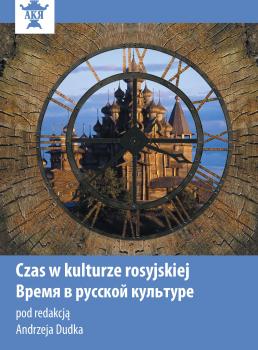Local Markers of Time in the Traditional Culture of Pomors in the 19-21st Centuries .......... 265
Synopsis
LOCAL MARKERS OF TIME IN THE TRADITIONAL CULTURE OF POMORS IN THE 19-21ST CENTURIES
Despite the technologization of modern life processes, the system of national calendar continues to be relevant for the population living in rural regions of Russia. The study of folk conception of time does not only contribute to the knowledge broadening but also helps us to change the old ideas about the cultural traditions of the studied group. This has become possible thanks to the data analysis of the field materials collected on the Karelian and Pomor coast of the White Sea in 2006–2011. The features of time perception have been traced through the analysis of daily and ritual practices, occasional ceremonies and holidays of the folk calendar. The focus of the research has been on the following reference point: the local markers of time used by the population. Informants’ interpretations and the author’s observation allowed to mark out the Trade calendar events and other important factors included in the studied group’s measurement system of time. The seasonal fishing duration in the Barents Sea’s water area has made its changes in the Pomor calendar structure: women have been forced to solve all of the household, as well as social and economic problems for 7–8 months in a year independently. The gender roles’ inversions and the specifics of the “life supporting system” facilitated the development of the local time markers. The subject and gender projections of labor and ritual practices of the trade period have been added to them for the same reason.





